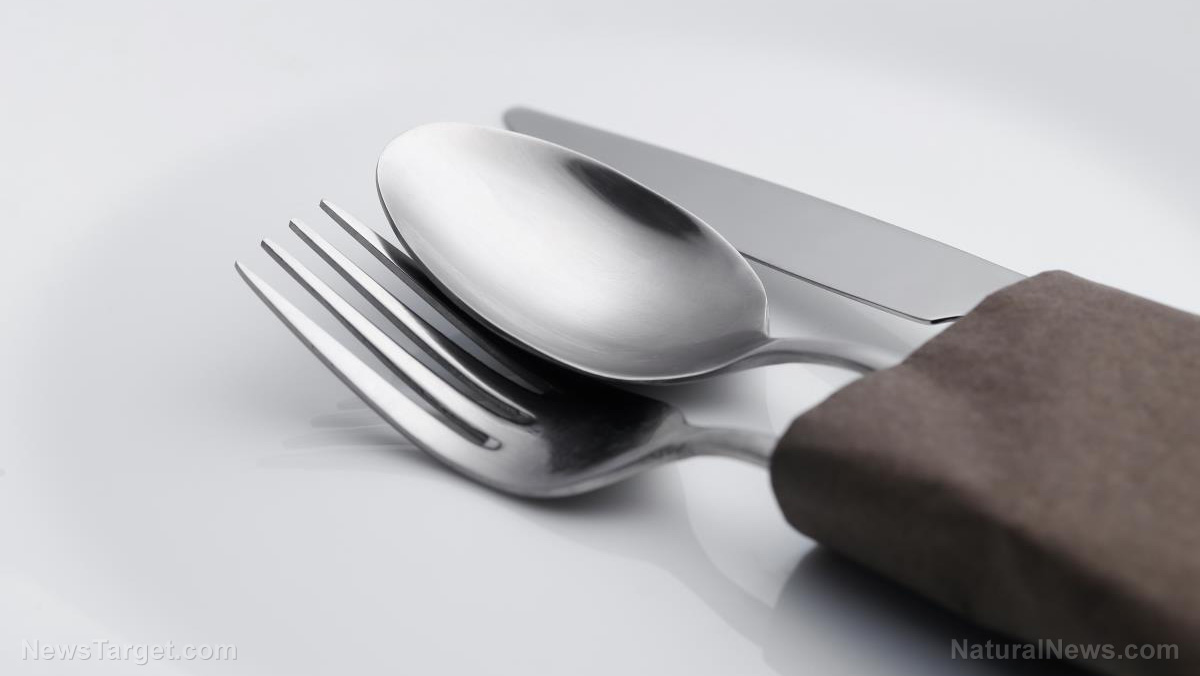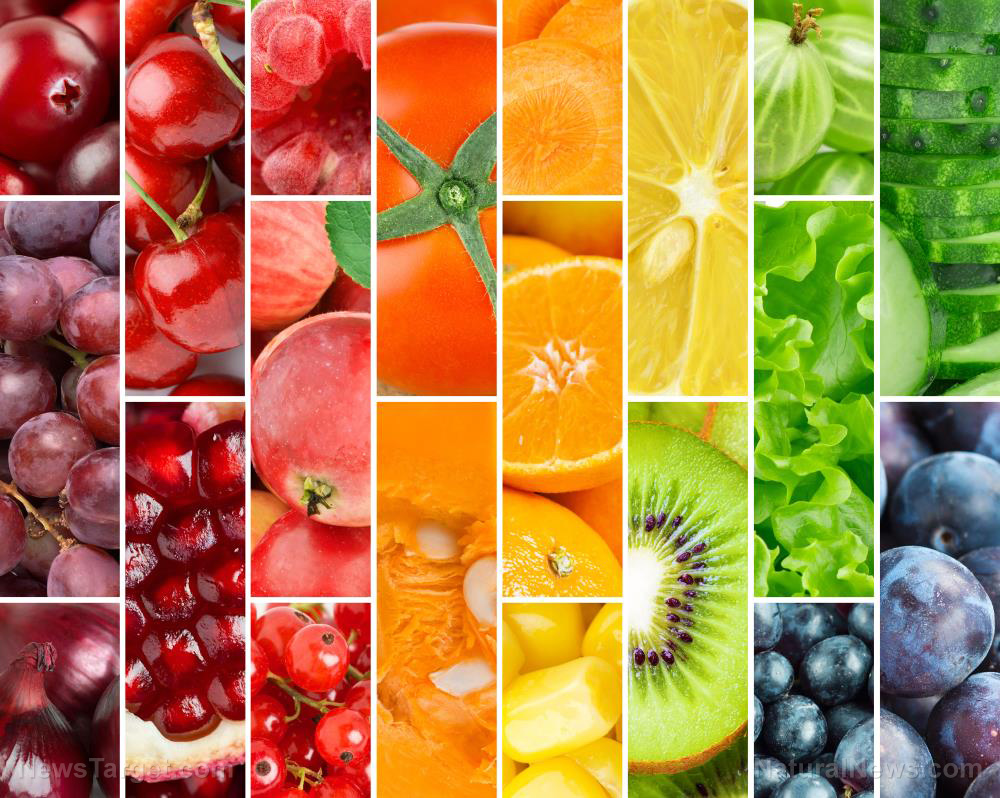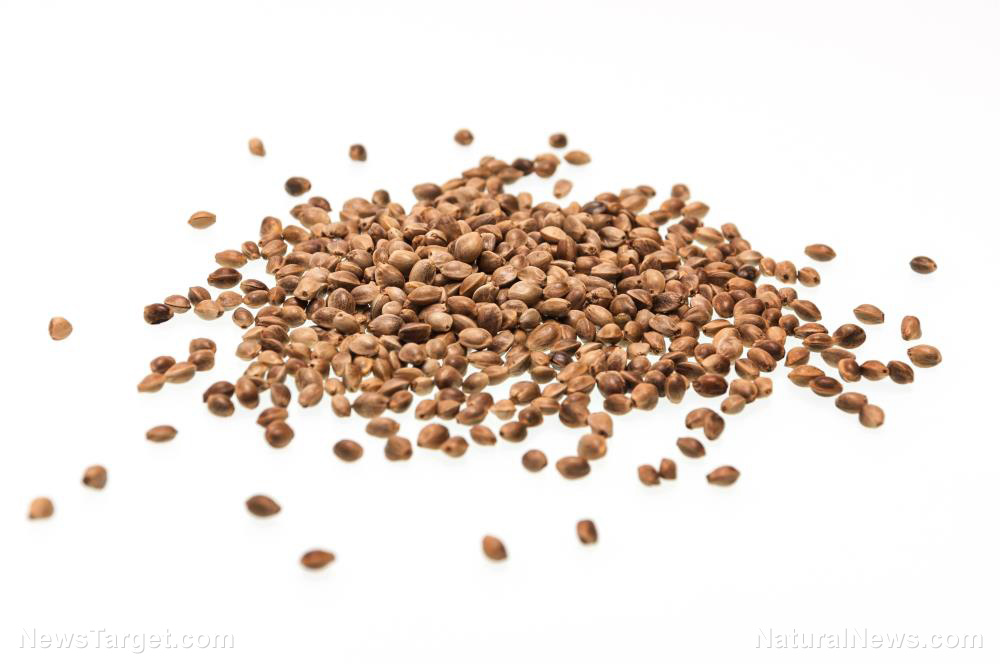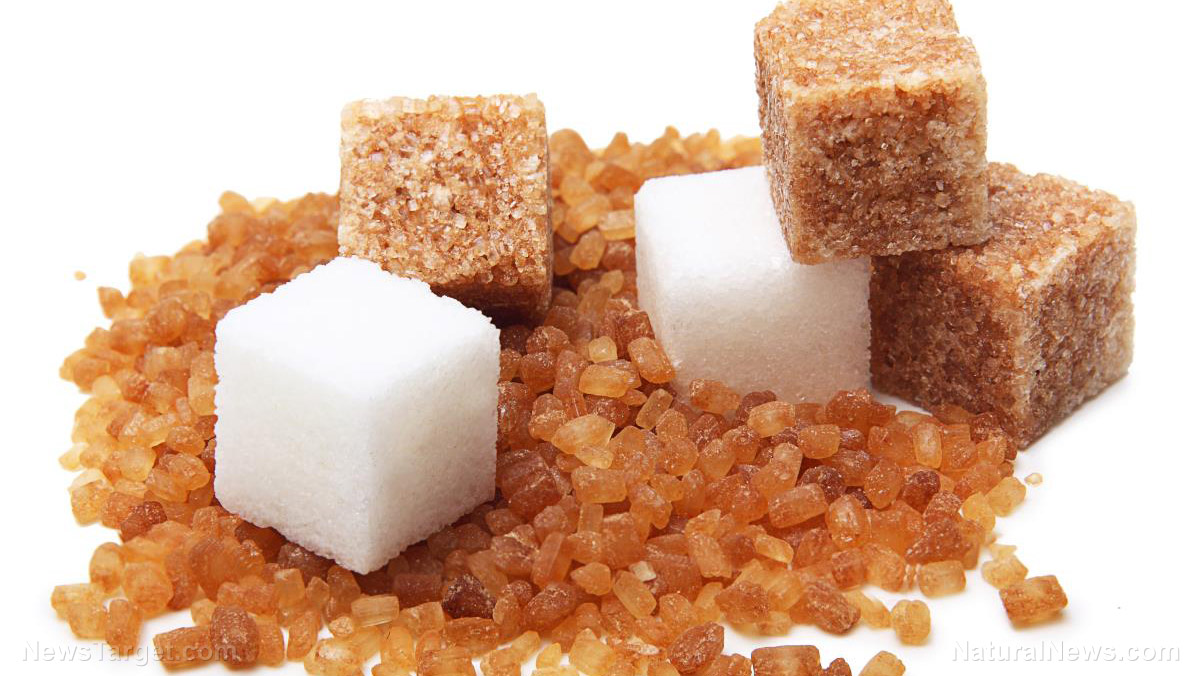If you’re going to eat dessert, eat it first
05/29/2019 / By Vicki Batts
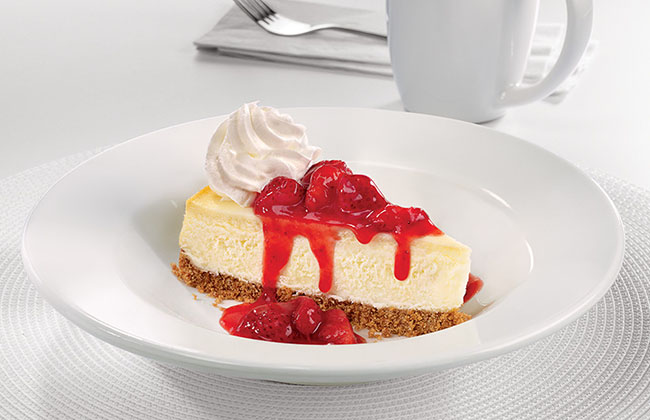
Lots of people love to eat dessert first for the simple fact that life is too short to miss out on the best parts. But new research shows that choosing high-calorie treats at the start of a meal may not be so bad for you after all. In fact, reaching for that slice of cheesecake might even help you lose weight.
While conventional nutrition “wisdom” declares that desserts are inherently bad foods, the truth is that treats made from whole foods can be part of a healthy diet. A dessert made from real ingredients may actually be healthier for you than a lot of the processed foodstuffs marketed as “healthy” diet food. Sweets need to be consumed in moderation, but as the research shows, moderation is more than enough to reap all the benefits dessert has to offer.
Eat dessert first
New research from the American Psychological Association finds that choosing a high-calorie dessert first may help dieters eat less overall. As a press release from Science Daily explains, the scientists used lemon cheesecake and fresh fruit to see how different dessert options affected dieters’ meal choices overall.
When dessert was placed at the front of a university cafeteria line, diners who selected the cheesecake chose healthier options for the rest of their meal — and consumed fewer overall calories at mealtime compared to those who chose fruit instead. Fruit-choosers selected more high-calorie entree options and ate more calories during the meal.
However, this effect was not replicated when dessert options were placed at the end of the serving line.
Mother Nature's micronutrient secret: Organic Broccoli Sprout Capsules now available, delivering 280mg of high-density nutrition, including the extraordinary "sulforaphane" and "glucosinolate" nutrients found only in cruciferous healing foods. Every lot laboratory tested. See availability here.
Co-lead study author Martin Reimann, Ph.D., an assistant professor of marketing at the University of Arizona, said that the team believes choosing the more decadent dessert prompted diners into making healthier entree choices.
“We believe diners who chose the indulgent dessert first then picked healthier main and side dishes to make up for their high-calorie dessert,” Reinmann said.
“Diners who picked the healthier dessert may have thought they already had done a good deed for their bodies so they deserved higher-calorie food further down the cafeteria line,” he continued.
Healthy eating doesn’t have to be a challenge
The research team conducted multiple rounds of testing and found that the results remained true across the board. Even when the options were changed to healthy or less healthy entrees, the team found that people who chose the less-healthy item first were more likely to make better choices in the rest of their meal.
However, in one survey, the team found that people experiencing “high cognitive load,” or a lot of stress, were more likely to choose high-calorie main and side dishes after choosing a high-calorie dessert. Reinmann posits that people should be aware of how their mindset can affect food choices.
This study also shows that awareness works. People who knowingly chose a higher-calorie dessert intentionally selected lower-calorie sides and main dishes — because they know the food they really wanted was pretty decadent. Indeed, it appears that eating dessert first may actually help dieters cut calories overall.
While no one would argue that cutting down overall sugar consumption is important for long-term health, it is great news that people are trying to make healthier choices (even if they are just making room for dessert).
Learn more about what you’re eating at Food.news.
Sources for this article include:
Tagged Under: #nutrition, calories, dessert, fight obesity, healthy eating, healthy lifestyle, healthy living, mind body science, prevention, remedies, reward center, slender



